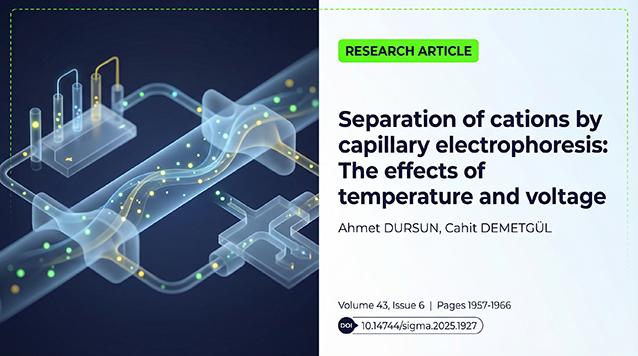Abstract
In Nigeria, where many rural areas lack proper electricity service, how to improve access to electricity becomes a significant challenge. The aim of this study is to improve the sustainability of the microgrids by developing special models for estimating and predicting the energy demands of rural households living in Gwam community in Niger State. The process involves reducing relevant identified (factors) input variables by Exploratory Factor Analysis, then applying Fuzzy Analytical Hierarchy Process (Fuzzy-AHP) to rank the reduced factors (input variables) according to importance and relevance where the topmost five (5) factors were selected, this was followed by data preprocessing to ensure data is of high quality. The study adopted the Ensemble Learning method to see if combining Adaptive Neuro-Fuzzy Inference Systems (ANFIS) with its optimized versions (ANFIS-PSO and ANFIS-GA) could improve the accuracy of load demand predictions. The results showed that the Ensemble Model delivers a better prediction than ANFIS-GA (MAPE: 19.8094%, RMSE: 3.3019, MSE: 10.9025), ANFIS-PSO (MAPE: 19.9320%, RMSE: 3.5462, MSE: 12.5755) and the standalone ANFIS model (MAPE: 20.9701 %, RMSE:3.9908, MSE: 15.93), achieving 14.6932% for MAPE, 2.4071 for RMSE and 5.8121 for MSE. Further statistical tests confirmed its superiority, with near-zero mean error (0.0097) and a narrow 95% confidence interval [-0.0656, 0.0851]. ANOVA (F = 3842.1494, p < 0.001) and Tukey HSD tests (p < 0.001) further validated its dominance. The study’s novelty lies in its context-specific approach, integrating real load and climatological data with ensemble modeling to develop a tailored predictive model for rural microgrids. Findings demonstrate that ensemble learning improves microgrid sustainability, offering a viable solution for rural electrification in Nigeria.















